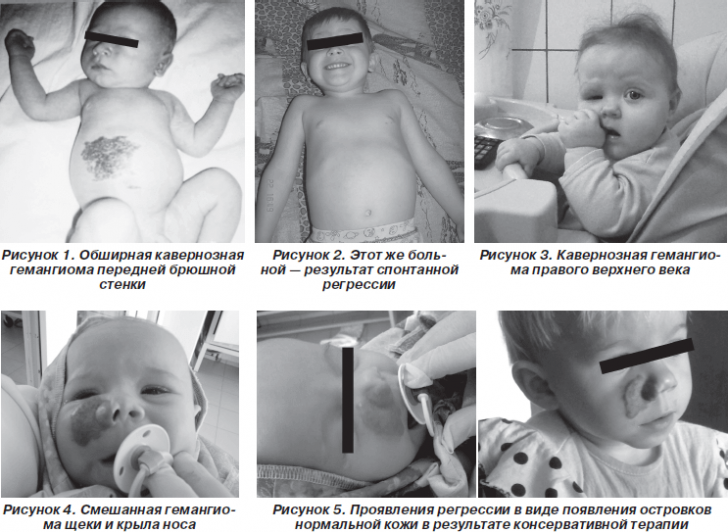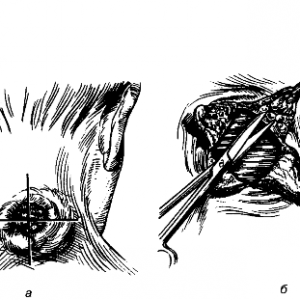Chickenpox in adults: complications

Chickenpox( aka chicken pox) is a viral disease caused by the varicella-zoster. The disease is most often found in childhood. If chickenpox falls ill with an adult, then it can have complications: from a mild bacterial infection to the affected skin, ending with a brain damage or a severe inflammation of the lungs of bacterial or viral origin.
Purulent inflammation on the skin
The chickenpox virus causes inflammation on the skin, and then a bacterial infection is sometimes added to this inflammatory process. That is why after the onset of inflammation, hygiene should be observed, and the zoster should be lubricated with zebrafish. Although in some situations observance of these conditions and with simultaneous observation by a specialist does not guarantee that it will be possible to avoid the development of inflammatory diseases, such as phlegmon, bullous streptoderma, abscesses, erysipelas. This happens in cases where the protective function of the body is reduced.
With the development of bullous streptococcus( streptococcus), severe hemispherical bubbles appear in the areas of the appearance of the wind turbine bubbles, which contain a turbid liquid. Bubbles tend to increase in size: sometimes they are the size of a hazelnut. After the bubbles are opened, at this place erosive surfaces are formed, which also increase in the periphery. With the development of streptococcus-staphylococcal infection, the blisters become yellow and are covered with a crust of the same color. Sometimes bubbles merge, forming one continuous crust on the skin. The course of such infections can be long in time, with repeated relapses and requires appropriate treatment, taking into account the sensitivity to antibiotics.
In addition, with chickenpox, adults can develop complications such as phlegmon and abscesses. Therapy of such complications is carried out with the help of surgical intervention.
Complications from the lung
Primary viral pneumonia can weight the course of the disease. In this case, there is a long-lasting cough, and there is a violation of the general condition of the body. However, such complications are not difficult, sometimes patients do not even notice them. However, there are severe viral pneumonia, which causes a fever, a strong cough, sometimes with blood. With such pneumonia, the patient should be immediately hospitalized, while active antiviral therapy is performed.
Secondary bacterial pneumonia, as a rule, is accompanied by high body temperature, dry, and then with a wet cough with spitting expectoration of pus. Secondary pneumonia also needs to be treated in a hospital, after determining the sensitivity of pathogens to antibiotics, antibiotic therapy is used.
Complications arising in the brain
Such complications are also of bacterial or viral origin.
Encephalitis of viral origin, as a rule, occurs in adults. In this case, the cause of the development of encephalitis can become both the virus itself when exposed to brain tissue, and allergy of brain tissue.
The disease occurs five to twenty days after the rash has appeared on the skin. The disease progresses more easily than when it occurs in other viral infections. At the same time in the brain there is a death of tissues and hemorrhage. The first signs of the disease are weakness and general malaise. After this, the temperature rises, convulsions appear and a disturbance of consciousness occurs. The temperature can hold for ten days, then the condition begins to gradually stabilize. In some cases, the course of the disease is delayed, then treatment should be carried out already in a hospital.
Secondary encephalitis( bacterial) usually occurs at the stage of reducing the activity of varicella when attaching a bacterial infection to the scalp. The degree of symptoms may be different, but almost always there is an elevated body temperature, convulsions and a violation of consciousness.
Even with a slight suspicion of encephalitis, immediate hospitalization is necessary.



